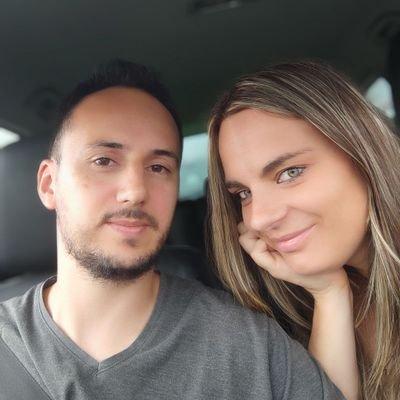dotenv
People configure their app variables via JSON, YAML, or even gitignored .v files. I personally found env files to work the best, especially with
docker-compose
Further reading: 12 factor apps
Features
- fully compatible with docker-compose .env
- useful helper function dotenv.get()
- dotenv.required() method to let people know what variables are needed
- automatically create missing .env file with blank required fields when working with dotenv.required() for an easy setup
- support
exportkeyword so you can source .envin your project specific shell scripts
Usage
Create a file called .env in the root folder of your application. Add it to your .gitignore file. (best practice) Fill it with key=value pairs.
POSTGRES_HOST=localhost
POSTGRES_USER=admin
POSTGRES_PASSWORD=postgres_password_goes_here
POSTGRES_DB=admin
JWT_SECRET=jwt_secret_goes_here
export NODE_ENV=development
Then in your v source:
module main
import thomaspeissl.dotenv
import os
fn main() {
// load .env environment file
dotenv.load()
// optional check if required keys have values - error if something is missing
// this also creates the .env file with the requested variables for an easy setup
dotenv.required('POSTGRES_HOST', 'POSTGRES_USER', 'POSTGRES_PASSWORD', 'POSTGRES_DB')
// you can use build-in os.getenv()
println(os.getenv('POSTGRES_HOST'))
// you can also use dotenv.get() if you need fallback handling
secret := dotenv.get('JWT_SECRET') or {
'default_dev_token' // default, not found, or simply the same on all environments
}
println(secret)
}
Syntax rules
These syntax rules apply to the .env file:
- dotenv expects each line in an env file to be in VAR=VAL format.
- Lines beginning with # are processed as comments and ignored.
- Blank lines are ignored.
- There is no special handling of quotation marks. This means that they are part of the VAL.
- Environment variables may not contain whitespace.
- Since docker-compose 1.26+ also allow "export VAL=VAR"
Note that there is also another dotenv module with more relaxed syntax rules (eg. inline comments) available
https://vpm.vlang.io/mod/zztkm.vdotenv
We cannot relax these rules because we would lose docker .env compatibility.
Installation
Install and use dotenv module as a dependency via v.mod (recommended)
Run "v init" to auto-generate your v.mod file.
v init
Then edit the dependencies in your v.mod file to look like this:
dependencies: ['thomaspeissl.dotenv']
And install with:
v install
To update your dependencies later just run "v install" again.
Or via VPM:
v install thomaspeissl.dotenv
Or through Git:
git clone https://github.com/thomaspeissl/vdotenv.git ~/.vmodules/thomaspeissl/dotenv
Test with docker-compose
Clone this repository and execute this commands while in the cloned folder.
docker-compose run --rm v
println(os.getenv('POSTGRES_HOST'))
This should print "localhost".
Module documentation
Contents
fallback_get
fn fallback_get(key string, fallback string) string
use fallback_get if you prefer traditional fallback handling
get
fn get(key string) !string
get is an alternative to os.getenv when you need fallback handling
load
fn load()
load parses the .env environment file
load_file
fn load_file(filename string)
loads_file parses the given .env environment file
must_get
fn must_get(key string) string
must_get errors out if key does not exist
require
fn require(required_keys ...string)
require loads and checks for gives keys
required
fn required(required_keys ...string)
required checks if given keys have values - errors out if something is missing - also creates the .env file with the given variables for an easy setup
